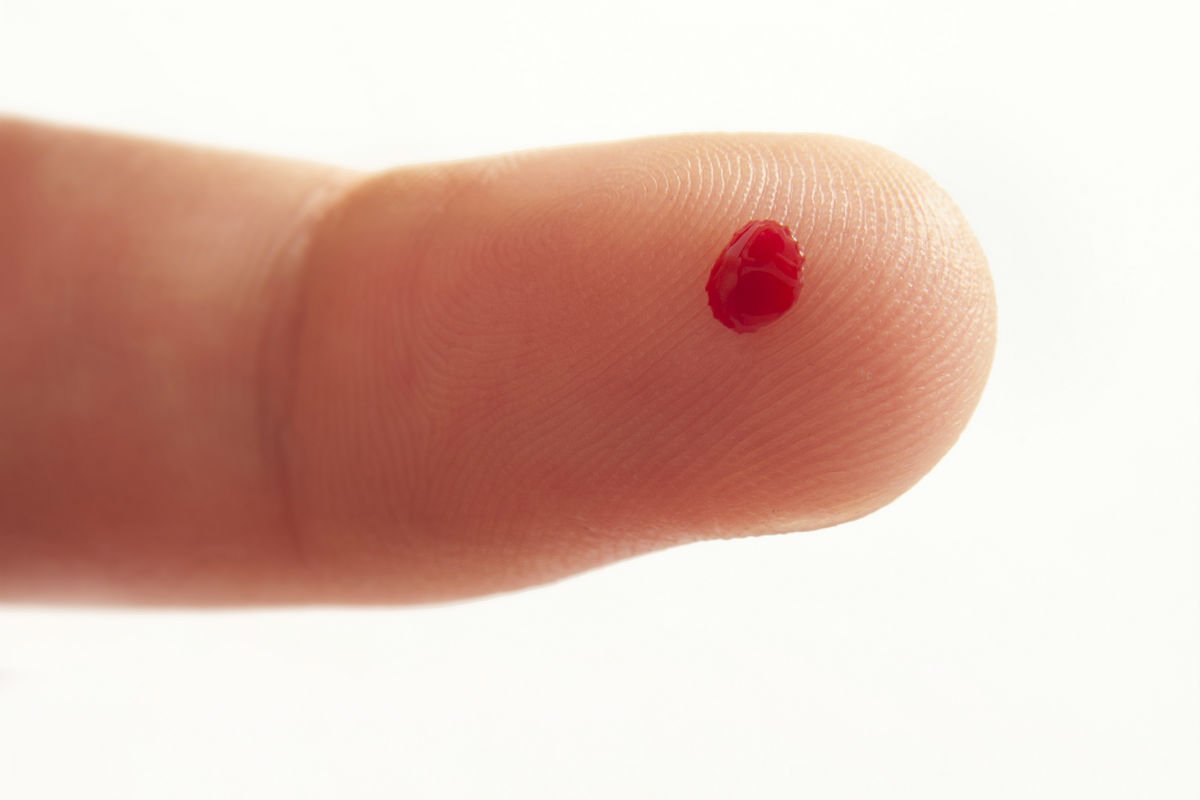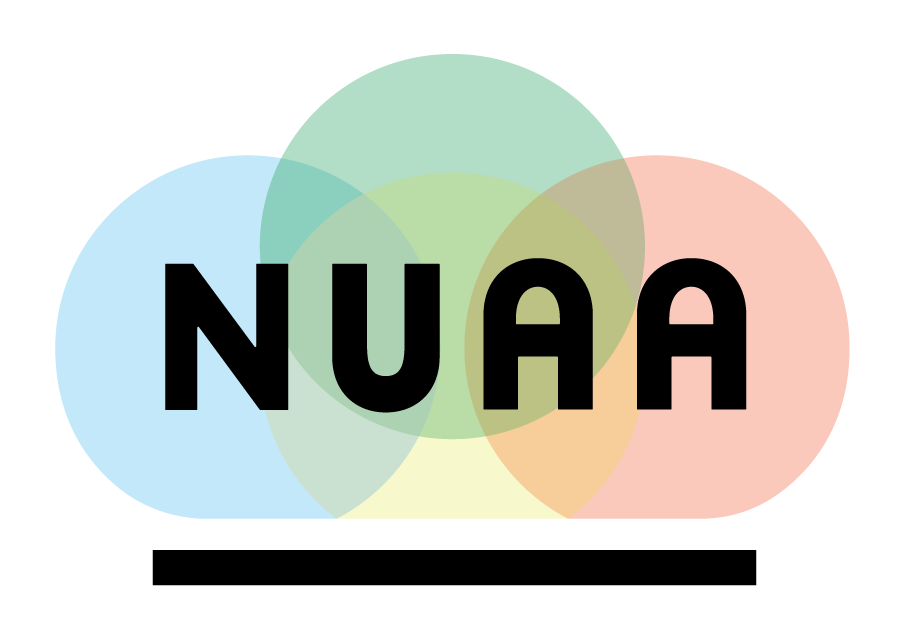
Dried Blood Spot (DBS) Testing
The dried blood spot (DBS) test is a less invasive way to test for HIV or Hep C that doesn’t require a vein puncture. Dried blood spot specimens are collected by applying a few drops of your blood, drawn by lancet from your finger, onto specially manufactured absorbent filter paper. Allow the blood to saturate the paper thoroughly, let it air dry overnight and post it the next day in the envelope supplied.
Why choose a DBS kit
The DBS test is a new, free, easy and private way to test for HIV and Hep C. You don’t need to go to a clinic or see a doctor to do this test. It can be done in the privacy of your own home. Just take a few drops of blood from your finger and mail the test back. You will get your results by phone, text, or email.
Who is the DBS test for?
Do you identify as Aboriginal or Torres Strait Islander?
Are you currently injecting or have injected drugs in the past?
Have you ever been in prison?
Have you migrated to Australia from a country where hep C is more common?
If you answered yes to one of the above questions, are over 16 years old, and live in NSW, a DBS test is for you.
If you answered no to all of the above questions then DBS is not for you. You can call NUAA’s PeerLine Service on 1800 644 413, or the NSW Sexual Health Infolink on 1800 451 624 for more advice. If you have a doctor you normally see, you could ask them about Hep C testing and treatment options in your area.
How to use your DBS kit
Your DBS kit contains the following DBS collection instructions. Read them carefully. When you are doing this at home, it is important to register online and ensure you write your name, date of birth, and validation code on your collection card. A validation code will be sent to you when you register online. You can watch a video on how to do a DBS test at home, follow the link https://www.dbstest.health.nsw.gov.au/The-Test or call NUAA on 1800 644 413 for more information.
I have my results. What now?
You should receive your results within two weeks by either phone, text, or email. If you need to speak to someone about treatment options or where to go for treatment in your area, you can call PeerLine on 1800 644 413 or NUAA on (02) 9171 6650.

